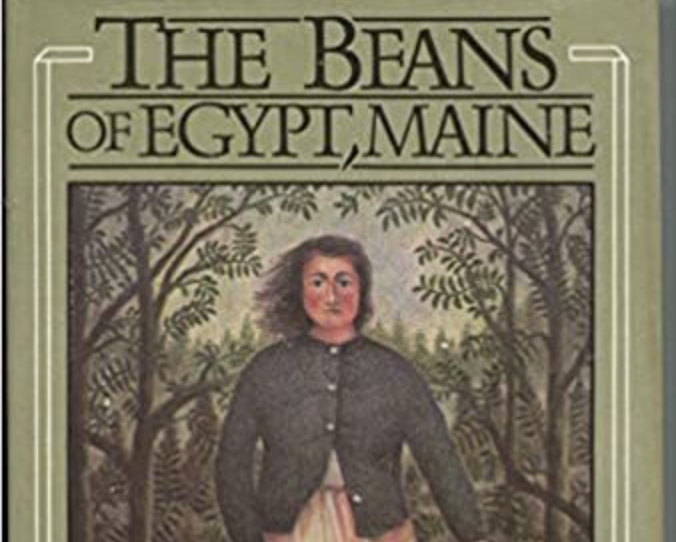Four Titles to Read in Honor of Women’s History Month
In honor of March, Women's History Month, the four books highlighted in this newsletter are all stories in which a female hero triumphs.
The first is Jane Smiley's 13 Ways of Looking at the Novel (2005) and it's a triumph because Smiley's premise is new. She picked out a hundred novels to read and synopsize in the back half of the book and then she devoted the front half to talking about what the novels do and don't have in common with each other. She alternates between pulling back to make useful statements about all the novels as a whole and then zooming in to point out groundbreaking points about single books, characters, scenes and writing styles. It's full of wise, useful truths, like ". . . the novel promotes compromise, and especially promotes the idea that lessons can be learned, if not by the characters, then by the author and the reader."
Next is Carolyn Chute's The Beans of Egypt, Maine, a good book about being poor in present-day America and the many reasons it can be inescapable, generation to generation. The setting is rural Maine where the only industry is logging. The Beans are a family surviving on the fringes of this male-dominated business. But the real hero of the novel is Earlene, a young woman who marries Beal Bean, a husky, hypersensitive, and much-abused nephew of the patriarch, Reuben Bean. The Beans and the poverty consuming them is a black hole that Earlene is either dragged or jumps into and becomes her crucible for learning to live like a survivor.
Next is Wilkie Collins' No Name, about the violence Victorian society did to women by not allowing them to directly own or inherit property. In this case, a terrible thing has befallen the hero, Magdalen, and her sister. Their parents both suddenly died a few days apart and so quickly that neither managed to sign their newly-drafted will, made necessary by the fact that, though their daughters are nearly grown, the parents were never married! Collins' novels are always pointing the finger someplace outside the story, at a sickness in society that legally sanctions the self-interest of the cunning and sacrifices the sanity and happiness and rights of everyone else.
Finally, because we just lost Joan Didion at age 87, I'm reminding everyone of her novel Play It As It Lays, about the inescapable trap the hero, Maria, finds herself in, one she can't use force to break out of because it's much bigger than she is. She also can't call for help because she happens to fall into a category of people who her society doesn't listen to: divorced women who have lost custody of a child because of substance abuse. The action of the novel involves the efforts of everyone around Maria to keep her unable to recover her daughter, Kate, and unable to do harm to those footing the bill for the endless party that was life in Hollywood in the 1960s.
For Australian film fans, I like My Brilliant Career, with Judy Davis, and directed by Gillian Armstrong. This is a writer's movie, with a female director, one I first saw in college when it premiered in 1979, when I was the age of the hero and had similar dreams. In 1897 in rural Australia, Sybylla, a headstrong, free-spirited young woman, dreams of a career in writing or the performing arts. It's a beautiful movie, though I admit the scene I recall best is when Sybylla completes a manuscript of her first novel, My Brilliant Career, which she mails off to a Scottish publishing house that we feel certain is going to snap it up.
For any new readers: My new novel, Tania the Revolutionary, is available on Amazon for Kindle and paperback or Barnes & Noble for eBook.





